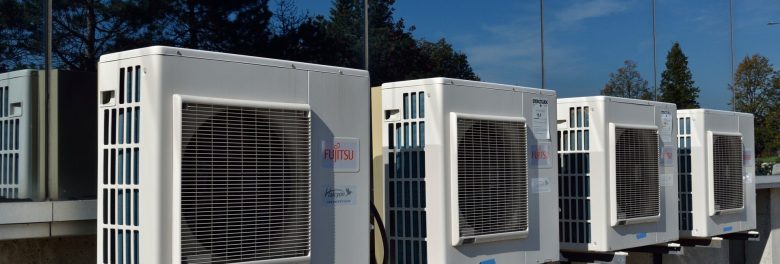
The phasing out of the Renewable Heat Incentive (RHI) scheme from 2022 is expected to push up costs to residents on heat networks with newly installed heat pumps, but may provide installation subsidies for individual dwelling systems.
The RHI is a generation-based subsidy, providing a continuous revenue stream (pence/kWh) to registered participants for every unit of heat outputted. Plant within the scheme includes solar thermal, biofuels and geothermal installations, but it is with heat pumps where the impact has been most readily observed. The current non-domestic RHI rates for larger heat pump systems are 3p/kWh for air source (ASHP) installations and up to 7p/kWh for water/ground source installations (WS/GSHP). Older and domestic installations will be locked into higher rates than this.
The consultation period on the Government’s proposals for what follows the RHI, Future Support for Low Carbon Heat, has recently closed. A Clean Heat Grant has been put forward, which looks to provide a flat £4,000 grant to assist with the high capital costs of small-scale heat pump installations (≤45kW). It is not yet clear if a bulk arrangement for housing developers across a large site will be available. No grant is available from this scheme for larger capacity installations though, and no p/kWh generation subsidy is proposed for any system.
The removal of this revenue stream is expected to have a significant impact on the operating costs of all heat pump systems, whether they be individual units at domestic scale or larger units on commercial or heat network installations. As an example, a resident on an ASHP-led heat network not eligible for the RHI subsidy could pay around £100/yr more in heating costs than a resident that was, with this difference rising to nearer £200/yr more for WS/GSHP-led networks. It will thus become more difficult to show any heat pump system as being competitive with conventional gas boiler heating costs.
Posted on August 12th, 2020
Author: Jonathan Thomas-Peck
Related services: Masterplanning & Strategy, Design Stage, Construction Stage, Post Construction & Commercial,